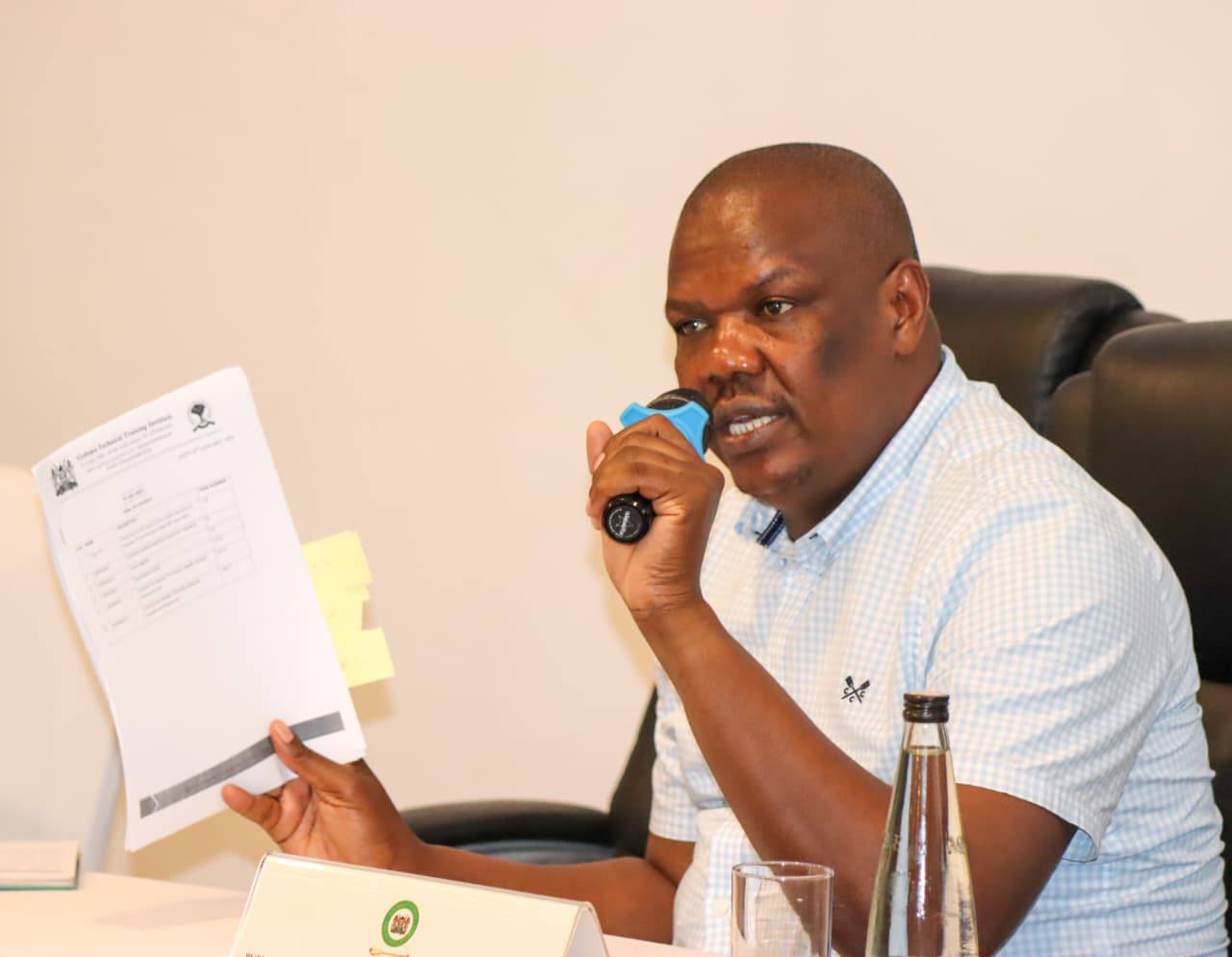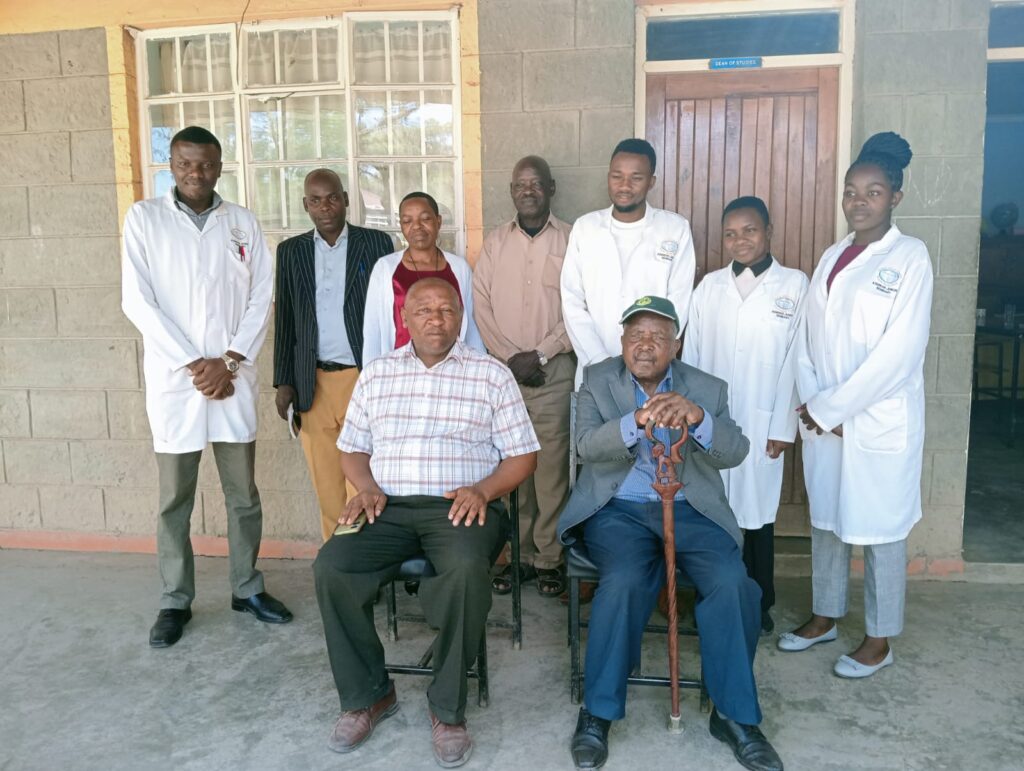By Steve Muthini
The rise in indiscipline cases in schools due to the abolishment of corporal punishments led to the formation of Amani clubs which have become an integral part of the National Cohesion and Integration Commission in its quest to foster peaceful coexistence across the country.
The clubs, which are an alternative conflict resolution method, are now extending their influence beyond the school to the communities where they are expected to play a role in peace building especially in the electioneering period and towards the August general election.
In early February, the National Cohesion and Integration Commission (NCIC) in conjunction with secondary school teachers across the country embarked on a drive to sensitize students against being used to cause violence in the forthcoming general elections.
The teachers from 47 counties, who are patrons of Amani Clubs in their Schools, held a two-day workshop at the Samara Hotel in Machakos where they discussed modalities of how to ensure the learners become peace ambassadors.
The workshop, which was sponsored by NCIC, involved 55 participants including 47 Amani Club coordinators from each county and representatives from the Teachers Service Commission and the Ministry of Education.
The participants observed that the workshop was timely in the wake of the electioneering period when politicians are whipping up emotions that could lead to violence.
Kenya Secondary School Heads Association (KESSHA) Chairman Kahi Indimuli said the youths are perpetuators or victims of election violence and all efforts should be made to ensure they have the right messages to enhance peace.
“As we move towards the electioneering period, we want to use the Amani Clubs to educate our students to steer away from activities that may endanger peace and be peace ambassadors in their communities,” said Mr. Indimuli who is also the Machakos School Principal.
Mr. Indimuli said in the recent past, there have been cases of students torching their schools hence it’s important to engage students on ways of resolving conflicts within and outside their schools.
Indimuli pointed out that the objective of the clubs is to train students to embrace peaceful coexistence.
He thanked the NCIC for the support they had offered towards the establishment of Amani Clubs in schools.
‘Engaging students in peace dialogues presents an opportunity for them to share the same message to their parents and their peers,” he said.
Indimuli said Amani Clubs had not been established in every school and encouraged schools which did not have the clubs to start them as one of the innovative ways of enhancing peace.
The Deputy Director of NCIC Mr Kelian Nyambu said without peace in schools, no meaningful learning can take place.
He said learning institutions provide a basis through which peace can be enhanced in the country.
‘The commission has noted that there has been a reduction in hostilities in areas where peace education has been carried out,’ he said.
Nyambu said they had been able to use the clubs to bring communities together and that the
clubs were a tenet of democracy and a way of inculcating tolerance among individuals.
Another symposium had earlier on been hosted at Machakos School where students from various schools interacted and participated in passing peace messages through poems, chorals and various recitations.
Other clubs involved in peace building include the Boy Scouts and Girl Guide’s Movements.






